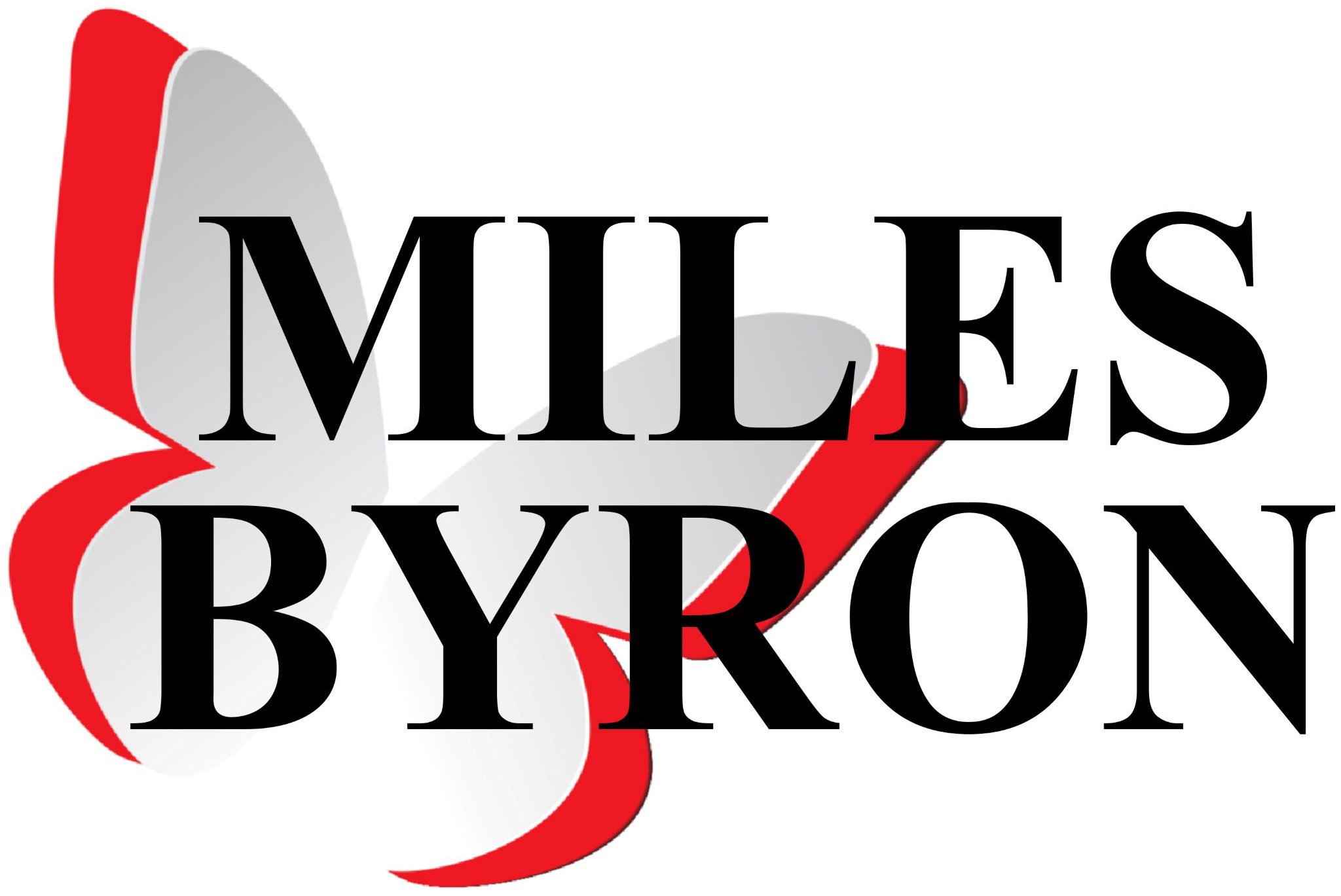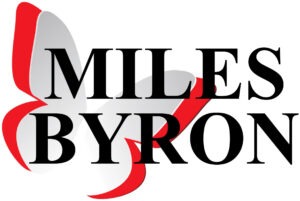The following source partly comes from: ‘The Money Advice Service’ (home-buying process – steps to buying a new house or flat/apartment).
1. – Find a property you can afford
Before you start house/property hunting, it’s a good idea to work out what you can afford to spend on buying a property and your monthly mortgage payments. To have a better understanding of ‘HOW MUCH CAN YOU BORROW’, we would highly recommend speaking to an experienced and fully qualified financial/mortgage advisor. WE CAN HELP YOU AND PUT YOU IN TOUCH WITH THE RIGHT PEOPLE!
Think about costs
Consider how you’ll cope if your financial situation changes, or interest rates were to ever rise, and be careful not to financially overstretch yourself.
Remember, your savings will have to cover not just the deposit, but expenses such as mortgage fees (typically anything between £0-£2,000) and Stamp Duty on properties costing more than £500,000 in England and Northern Ireland.
Choosing the right mortgage
It’s never too early for you to start thinking about arranging a mortgage as this can be time-consuming.
You can get a mortgage from an Independent Financial Adviser (IFA), mortgage broker or lender.
Once you’ve found a mortgage product you like, agree it as a mortgage ‘in principle’.
This tells you how much money the lender is likely to offer and the interest rate you’ll pay.
You might have to pay a booking fee to reserve the mortgage product you want. Typical cost: £99-£250N.B. REMEMBER, IF YOU DECIDE TO PURCHASE A ‘NEW HOME’ THERE IS THE GOVERNMENT SCHEME CALLED ‘HELP TO BUY‘.To find out more information on this, we would highly recommend speaking to your chosen financial/mortgage advisor.
Check your credit report
Before you apply for a mortgage, check your credit report for any errors and to get an idea of your score.
Lenders will look at it when considering your application.
2. – Make an offer/Checklist/Be well prepared
Once you’ve found a home you want to buy, the next step is to make an offer.
You only pay for an estate agent if you’re selling property. Remember an estate agent will require the following information from you at the stage of making an offer. The details are as follows:
* PROOF OF IDENTIFICATION & VERIFICATION. E.G. PHOTO/CARD DRIVING LICENSE OR PASSPORT (FROM ALL PARTIES PURCHASING THE PROPERTY).
* A UTILITY BILL/DOWNLOAD FROM THE WEBSITE WHICH IS DATED WITHIN THE LAST 3 MONTHS
* PROOF OF DEPOSIT/CASH FUNDS. ALTERNATIVELY THIS CAN VERIFIED VIA YOUR CHOSEN SOLICITOR
* PROOF OF A.I.P. (AGREEMENT IN PRINCIPAL/MORTGAGE PROMISE FROM YOUR MORTGAGE LENDER). ALTERNATIVELY THIS CAN BE VERIFIED AND A COPY SENT FROM YOUR CHOSEN FINANCIAL/MORTGAGE ADVISOR.
* FINALLY YOUR OFFICIAL OFFER THAT YOU WOULD LIKE TO MAKE ON THE PROPERTY (IN WRITING/EMAILED ACROSS TO US), WHICH IS TO INCLUDE YOUR FULL NAME/S OF ALL PURCHASERS INVOLVED, CORRESPONDENCE ADDRESS, ALL CONTACT TELEPHONE NUMBERS AND EMAIL ADDRESS.
All the above documents can either be scanned and emailed over to us at: milesbyron@mail.com or WHATSAPP across to us on: 07555 276 555
3. – Arrange a solicitor and surveyor
The solicitor will handle the legal work around the property.
The surveyor will survey the property to check for problems (depending on level of survey), which might affect the cost of the home.
Your solicitor will tell you how much you can expect to pay and might ask for a deposit upfront – this is typically 10% of their fee. Typical cost: £500-£1,500 + 20% VAT
Your solicitor submits searches to the local council to check whether there are any planning or local issues that might affect the property’s value. Typical cost: £250-£300
Valuation survey
This survey is done by the lender to make sure the property is worth the price you’re paying before they approve the mortgage.
It is not an extensive survey and will not identify all the repairs or maintenance that might be needed.
Typical cost: £250-£1,500 depending on the value of property.
Some lenders might not charge you for this, depending on the type of mortgage product you select.
The property survey
Home buyers who didn’t have the right survey faced a £5,750 bill on average after moving in, according to the Royal Institution of Chartered Surveyors (source: RICS).
You should commission a survey on the property to help you avoid hidden costly problems in the long run.
It’s your property, so it’s in your interest to pay for a decent survey at this stage. It can also help you to renegotiate the price.
For example, if the survey reveals a problem with the home that will need £5,000 to pay for repairs, you could ask the seller to lower the price by that much.
There are several types of survey available:
- RICS condition report – basic ‘traffic light’ survey and the cheapest. It’s most suitable for new-build and conventional homes in good condition. No advice or valuation is provided in this survey. Cost: £250.
- RICS homebuyer report – suitable for conventional properties in reasonable condition. This is a much more detailed survey, looking thoroughly inside and outside a property. It also includes a valuation. Typical cost: £400+.
- Building or structural survey – the most comprehensive survey and suitable for all residential properties. It’s particularly good for older homes or homes that might need repairs. Typical cost: £600+.
4. – Finalise the offer and mortgage
Once the survey is complete you might want to go back and renegotiate the price of your new home.
There are two reasons for this:
- Your survey might uncover problems with the property that will be expensive to fix. You can use this information to ask for a reduction in price.
- The lender might value the property at a lower price, leaving you with a shortfall. This means you won’t be able to match the asking price or what you originally intended to offer.
It’s this stage in the process that is often most stressful. Delays and problems can arise from such situations as:
- your mortgage application is rejected
- the seller withdraws the property from the market
- the seller accepts a higher offer from another buyer (known as ‘gazumping’).
Finalising your mortgage
If everything has gone according to plan, contact your lender or mortgage adviser to proceed.
There is often a fee, usually called an arrangement fee, to set up the mortgage.
This can be added to your mortgage, but if you choose this option, bear in mind you’ll pay interest on it for the life of the mortgage. Typical cost: £0-£2,000.
After you have received a binding mortgage offer, your mortgage lender must give you at least seven days to think about whether or not this is the right mortgage for you.
You can use this time to compare this offer with other mortgages.
5. – Exchange contracts
If there are no problems or delays, then you should receive the contract to sign and complete the sale.
Before signing the contract, go through it with your solicitor to check that all the details are correct.
Make sure you’re happy with what the sellers have agreed to leave in the property and that all your queries have been answered.
At this stage, you and the seller are committed to the sale.
Once you’ve exchanged contracts you’ll need buildings insurance in place to cover the structure of the property.
6. – Completion and final steps
- The remaining money owed to buy the property is now transferred from your solicitor’s account to the seller’s solicitor’s account. Since some of the money comes from the mortgage provider there will be a telegraphic transfer fee. Typical cost: £25-£50.
- You might also have to pay a mortgage account fee. The lender charges this fee for setting up, maintaining and closing down your mortgage account. It’s often added to the mortgage, which means you’ll pay interest on it, so consider paying it up front instead. Cost: £100-£300.
- You’ll now need to pay your solicitor’s bill (minus the deposit and local searches if you’ve already paid them). Typical cost: £500-£1,500 plus 20% VAT.
- Your solicitor will register the sale with the Land Registry for properties in England and Wales. The cost of this will depend on the price of the property.
- Sellers will need to pay their estate agent on completion.
- If you’re using a removal company, moving on a weekday is cheaper. Typical cost: £300-£600+.
Stamp Duty rates – The following source partly comes from: The Government (www.gov.uk) Stamp Duty Land Tax: Residential Property Rates.
Rates from 1 October 2021
These rates also apply if you bought a property before 8 July 2020.
You can also use this table to work out the SDLT for the purchase price of a lease (the ‘lease premium’).
| Property or lease premium or transfer value | SDLT rate |
|---|---|
| Up to £125,000 | Zero |
| The next £125,000 (the portion from £125,001 to £250,000) | 2% |
| The next £675,000 (the portion from £250,001 to £925,000) | 5% |
| The next £575,000 (the portion from £925,001 to £1.5 million) | 10% |
| The remaining amount (the portion above £1.5 million) | 12% |
Example
In October 2021 you buy a house for £295,000. The SDLT you owe will be calculated as follows:
- 0% on the first £125,000 = £0
- 2% on the next £125,000 = £2,500
- 5% on the final £45,000 = £2,250
- total SDLT = £4,750
Use the SDLT calculator to work out how much tax you’ll pay.
If you’re buying your first home
You can claim a discount (relief) if you buy your first home before 8 July 2020 or from 1 July 2021. This means you’ll pay:
- no SDLT up to £300,000
- 5% SDLT on the portion from £300,001 to £500,000
You’re eligible if you and anyone else you’re buying with are first-time buyers.
If the price is over £500,000, you follow the rules for people who’ve bought a home before.
For more information, contact Miles Byron today!
If you’re looking for homes for sale in Swindon, our team at Miles Byron are reputable and reliable estate agents who strive to find each and every one of our clients the home of their dreams. For more information, or for more advice on what to expect when purchasing a property, get in touch with our friendly team today!

